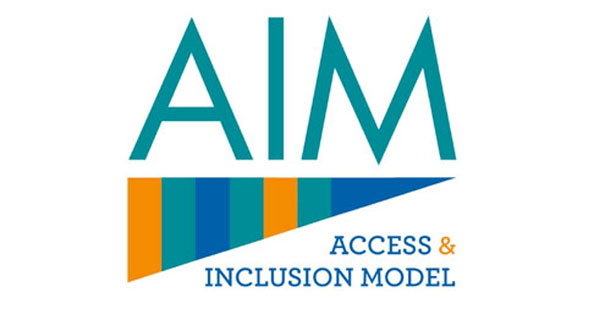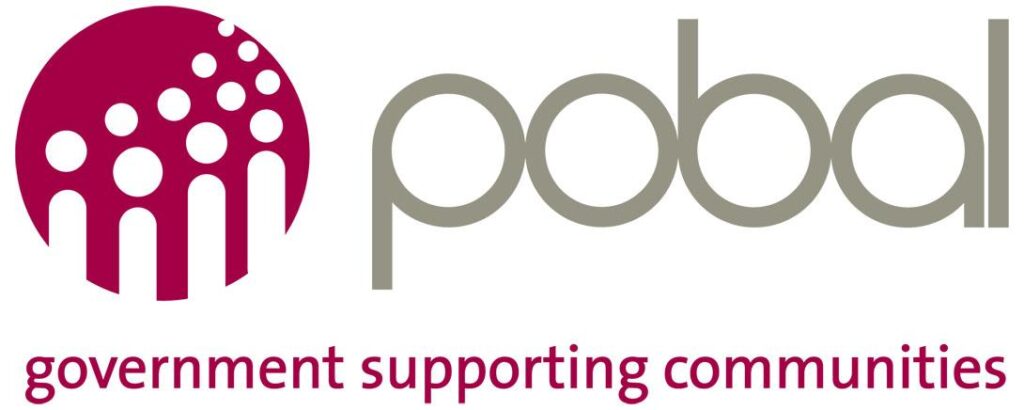From Department of Children, Equality, Disability, Integration and Youth
Published on 5 June 2024
Last updated on 5 June 2024
- Funding for Access and Inclusion Model (AIM) increasing by €14m (32%) in 2024
- This funding is currently supporting around 7,100 children with a disability to participate in the Early Childhood Care and Education (ECCE) programme, an increase of almost 900 children from the same period last year
- Also, from September 2024, ECCE-enrolled children will be fully supported to access and participate in early learning and care settings beyond the time they spend in the ECCE programme – both in term and out of term
The Minister for Children, Equality, Disability, Integration and Youth, Roderic O’Gorman today announced plans for an additional €14 million in supports for children with a disability under the Access and Inclusion Model (AIM).
AIM was first introduced to ensure that children with a disability could access and meaningfully participate in the State-funded Early Childhood Care and Education (ECCE) programme in mainstream settings – through a suite of universal and targeted supports.
Up until now, a key support – additional funding to providers to enable a lower adult-child ratio – was allocated for the duration of the ECCE programme only (i.e. 3 hours per day, 5 days per week and 38 weeks per year).
The additional funding will ensure an increasing number of ECCE-enrolled children can be supported under AIM. It will support an extension of AIM support from September 2024, meaning that children with a disability enrolled in the ECCE programme will now be fully supported to access and participate in early learning and childcare settings beyond the time they spend in that programme – both in term and out of term.
Combined with existing supports through the ECCE programme and Core Funding, providers will be funded for up to a further 15 hours of capitation per week in term and for 30 hours per week out of term to enable a lower adult-child ratio.
Since AIM was first launched in 2016, more than 28,000 children have received targeted AIM supports in over 4,400 settings nationally and many more children have benefited from its universal supports. AIM has also been recognised nationally and globally, winning awards for excellence in practice and inclusion.
Minister O’Gorman said:
“Every child should have access to high quality early learning and care.”
“The findings from the evaluation I published in January show the enormous difference AIM is making to the lives of children with a disability.”
“This extension will bring further benefits to these children and support access to early learning and childcare on a par with their peers.”
“This extension is among a suite of actions officials in my Department are taking to ensure we continue to build on the success of AIM to ensure, going forward, AIM works in the best interest of all children and families.”
Applications for these additional hours will open in the coming weeks for the 2024/2025 programme year.
While the AIM application process remains open year round, providers and parents are advised, where possible, to apply at least three months before the child’s planned start date in the Early Childhood Care and Education (ECCE) programme, in order to ensure that the application can be processed in a timely manner.
Notes for Editor
The Access and Inclusion Model, AIM, enables children with a disability to access and participate meaningfully in the State-funded ECCE programme in mainstream settings to the same degree as their peers. AIM is based on need and does not require a formal diagnosis of disability. AIM seeks to create a more inclusive environment in early learning and childcare settings, and achieves this by providing universal supports and targeted supports to settings, which focus on the needs of the individual child.
Universal supports are designed to create a more inclusive culture in early learning and care settings, through training courses and qualifications for staff. Where universal supports are not enough to meet the needs of an individual child, targeted supports are available. Targeted supports under AIM include:
- Level 4: Expert educational advice/support from Better Start Early Years Specialists
- Level 5: Capital grants for specialised equipment, appliances, assistive technology and/or minor alterations for settings to ensure children with a disability can participate in the ECCE programme.
- Level 6: Access to therapeutic services from the HSE where critical to enable a child’s meaningful participation in the ECCE programme.
- Level 7: Additional capitation for providers where needed to either reduce the adult to child ratio in the pre-school room or to pay for additional assistance. Level 7 assistance is a shared resource for the setting.
One of the commitments in First 5, the Whole-of-Government Strategy for Babies, Young Children and their Families, was to undertake an evaluation of AIM and, subject to evaluation findings and other relevant developments, to consider enhancements to, and/or extension of, AIM to, for example, all early learning and care services, all school-age childcare services and to children with additional needs other than a disability.
The AIM evaluation was published in January 2024. The findings have informed this expansion of targeted AIM supports to children beyond time spent in the ECCE programme, in term and out of term from September 2024. The intent of the additional hours funding is to support ECCE-enrolled children with a disability to access early learning and care outside of the ECCE programme if they wish to do so.
In addition to this, an action plan has been developed to respond to areas for improvement identified through the AIM evaluation, including increasing awareness of AIM, further building the capacity and confidence of educators and providers in supporting children with autism and streamlining the application process for equipment, appliances, and minor alterations.




